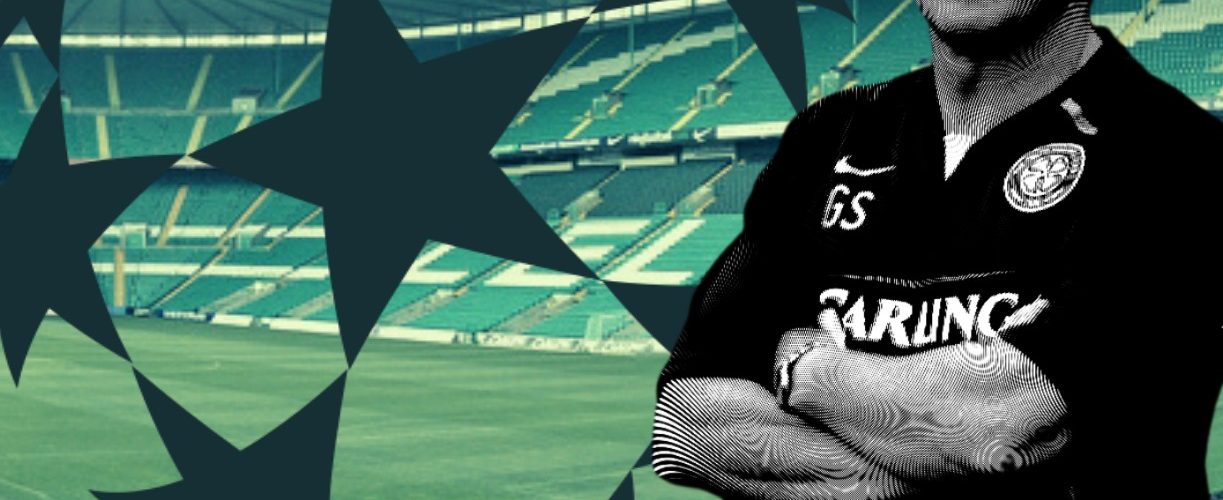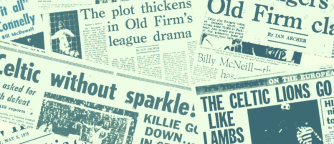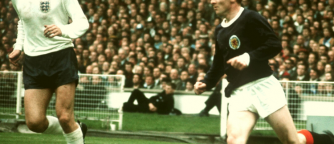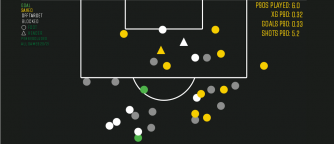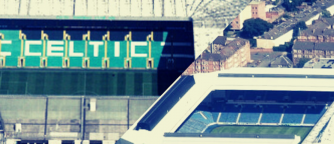To say that our domestic fortunes have taken a significant downturn is very much an understatement. The anger and pessimism surrounding the team is clear to see in every discussion, social media thread and, once again, pub chat and there is a dark cloud hanging over the support as we await the end of the 2020/21 campaign. The sudden drop in performance has been startling and mirrors the decline of our European demise.
It is something that has almost been an afterthought given the disastrous campaign we have witnessed. The launch, and subsequent collapse, of the European Super League though has seen Celtic’s name as the type of club Europe ‘needs’. It’s time then to think about what our future could look like on the grandest footballing stage of them all.
When thinking of Celtic’s history on the continent it is easy to become romanticised by the legacy of the, never equalled, Lisbon Lions. It is much more difficult to look at the failures against Cluj, Malmo, Maribor and most recently Ferencvaros to name a few. For all the history and glory of past triumphs we have become plagued by capitulations and humiliations against similar sized clubs at best and European minnows at worst. There is, however, reasons to be confident for the future.
What if Celtic got back to regularly competing – not just playing – in the Champions League? What if Celtic were serious contenders for the Europa League? At the moment this seems a million miles away, but we don’t have to look too far back for inspiration. Of course the first thing that springs to mind is the glorious UEFA Cup run under Martin O’Neil, but the more apt example might be Gordon Strachan’s forays into the last 16 of Europe’s foremost competition.
Strachan had a rebuilding job on his hands when he took over and, while not to the scale our next manager has, the job was significant amidst a period of downsizing. Strachan was not a man who was ‘Celtic Minded’ and he didn’t kiss the badge or try to win over fans with hollow statements, he felt the best way to win fans over was success on the park. His domestic success speaks for itself but the way his team over performed in Europe, Bratislava aside, is what Celtic fans should draw inspiration from. For context, he took Celtic to the last 16 of the Champions League twice. There were three major factors to his teams success in Europe and three steps which our new manager could look to emulate.
Players
As obvious as it is important; but both the recruitment process as well as the coaching are key. Between 2006-2008 Celtic signed players like Steven Pressley, Gary Caldwell, Paul Hartley, Barry Robson, Scott Brown, and Scott McDonald from the Scottish League. Homegrown players like Shaun Maloney and Stephen McManus made up the Scottish contingent at the club. All of whom improved while working under Strachan, not just in ability, but fitness and strength. So many games were won in the last minutes of play such as Shakhtar Donetsk and AC Milan, teams would back away as they tired, whereas Celtic kept going at full pace. By way of comparison, Leigh Griffiths and Albian Ajeti have sruggled for fitness throughout this current campaign – continuing well into March and April as the season draws to a conclusion.
Celtic were able to complete deals for the likes of Artur Boruc, Shunsuke Nakamura and Jan Vennegoor of Hesselink. There were of course Massimo Donati and Thomas Gravesen, but for the most part this collection of players overachieved, worked hard and one addition from HIbernian would go on to become a club legend. If we compare with this season, the only transfer success to this point has been David Turnbull, who signed from Motherwell.
A thorough scouting process, good coaching and a clear role for new additions will be essential for the new manager. With Brexit adding complications to signing players from overseas, recruitment and player development is more important than ever. Not many people fancied some of these players, but Strachan knew what he wanted and why. He was then able to implement them into that system.
Tactics
The football played under Strachan was sometimes frustrating for fans, there was an apathy at times and could seem overly cautious against the likes of St Mirren and Kilmarnock. However, when this strong organisational approach was pitted against the likes of Benfica and AC Milan, the merit was clear. Celtic over-performed in these games, with the Manchester United home tie a flawless victory for the stubborn style that Strachan’s team imposed on the game. Strachan’s European methods could be simply likened to ‘giving ourselves a chance’.
While Celtic fans have always wanted the all attacking style, the Celtic way, there can be no argument that acknowledging the strength of the opposition and employing a pragmatic approach provided some incredible memories and success. This seasons fragile defensive record, lack of desire and incoherent tactical approach show how important these things were, look what was achieved by this group of players and their coaches. The new manager, whoever they are, will need to navigate this juxtaposition of opposition quality.
Fans
Not to be twee, but the famous atmosphere has been lauded by the worlds greatest players, visiting fans and the breathtaking noise is as intimidating for opponents as it is motivational for the players. The next manager has to rebuild the squad yes, but he must also rebuild the relationship with the fans as they can provide an extra element on those big European occasions. The best way to do this, is by winning and winning from the outset.
Gordon Strachan is, still, fairly divisive in the minds of some fans. No matter what the opinions are though, there is no one who would deny the success he and his team had. This was achieved with a more modest budget than other managers would enjoy, he focused on getting players with an attitude to conform to this demands. His reign as Celtic manager, particularly in Europe, should be a template for the new boss. Stubborn? Yes. Functional more than swashbuckling? Certainly. Would fans take the last 16 of the Champions League, making Celtic Park a fortress and restoring the clubs reputation abroad by playing this way though? It’s reasonable to think most fans would.
The next few decisions the club make are key but it is clear that there is a model in which to change the mood in Glasgow, it has been done before. All of this amidst a potentially shifting European footballing climate can provide reason for optimism very quickly if the club can start moving in the right direction.


